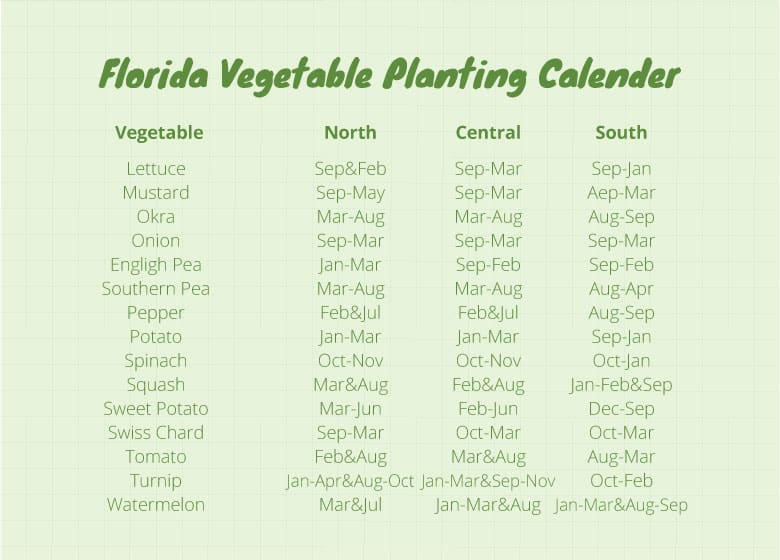Is it even possible to cultivate a thriving vegetable garden in Florida's sweltering summer? The answer, surprisingly, is a resounding yes. While the humidity and intense sun can feel like formidable foes, with the right know-how, your summer garden can be a vibrant oasis of fresh produce.
Imagine stepping into your backyard and plucking sun-ripened tomatoes, crisp cucumbers, and fragrant herbs, all grown with your own two hands. This dream can be a reality, even in the face of Florida's summer heat. It’s about embracing the unique challenges and tailoring your approach accordingly. This means understanding the specific needs of summer vegetables, mastering watering techniques, and outsmarting those pesky pests that thrive in the heat.
Historically, Floridians have adapted their gardening practices to the subtropical climate. From indigenous communities to early settlers, cultivating food during the summer months has always been essential. Today, with modern techniques and a wider variety of heat-tolerant cultivars, growing vegetables in the Florida summer is more accessible than ever.
One of the key issues with Florida summer gardening is the intense heat and humidity. These conditions can lead to rapid soil drying, increased pest activity, and even sunscald on delicate plants. But don’t despair! By understanding these challenges, we can develop strategies to overcome them and create a thriving summer garden.
For instance, consider using mulch to retain soil moisture, implementing pest control methods like companion planting, and providing shade for vulnerable plants during the hottest parts of the day. These simple techniques can make a significant difference in your gardening success.
One benefit of Florida's long growing season is the opportunity to harvest multiple crops throughout the year, even in the summer. Think about enjoying fresh okra, sweet potatoes, and even watermelon straight from your garden. This not only provides a delicious and healthy food source but also fosters a deeper connection with nature.
Another advantage is the ability to grow unique, heat-loving varieties that don't thrive in cooler climates. Explore exotic options like Malabar spinach, winged beans, or roselle. These unique vegetables can add a touch of adventure to your culinary creations.
Successful summer gardening in Florida involves choosing the right vegetables. Heat-tolerant varieties like okra, Southern peas, and sweet potatoes are excellent choices. Start seeds indoors or purchase seedlings from a local nursery. Prepare your garden beds with well-draining soil enriched with compost. Water deeply and regularly, especially during periods of intense heat. Monitor for pests and diseases and take appropriate action.
Advantages and Disadvantages of Florida Summer Gardening
| Advantages | Disadvantages |
|---|---|
| Long growing season | Intense heat and humidity |
| Opportunity for multiple harvests | Increased pest and disease pressure |
| Ability to grow unique, heat-loving varieties | Potential for sunscald and heat stress on plants |
Best Practices: 1. Choose the right vegetables. 2. Water wisely. 3. Mulch generously. 4. Manage pests effectively. 5. Provide shade during peak heat.
Challenges and Solutions: Intense Heat (Solution: Shade cloth, frequent watering), Pests (Solution: Companion planting, natural pest control), Diseases (Solution: Crop rotation, disease-resistant varieties), Heavy Rainfall (Solution: Well-drained soil, raised beds), Soil Nutrient Depletion (Solution: Regular composting).
FAQs: What vegetables grow best in Florida summer? What are the best pest control methods? How often should I water my garden? How can I prevent sunscald? What are the benefits of mulching? How do I prepare my soil? When should I start seeds? How can I improve drainage?
Tips & Tricks: Plant in the early morning or late evening. Use a soaker hose for deep watering. Harvest vegetables regularly to encourage continued production.
Cultivating a thriving vegetable garden in the Florida summer is a rewarding endeavor. By embracing the challenges and implementing the strategies outlined here, you can enjoy a bounty of fresh, homegrown produce. From the satisfaction of nurturing your plants to the joy of savoring the flavors of your harvest, Florida summer gardening offers a unique connection to nature and a healthier lifestyle. So, roll up your sleeves, get your hands dirty, and experience the magic of growing your own food, even in the heat of the Florida summer. Remember, the key to success lies in understanding your environment, choosing the right plants, and adapting your techniques to the unique conditions of the season. Now is the time to transform your backyard into a vibrant oasis of delicious, homegrown goodness. Start planning your summer garden today!
Decoding medicare part d supplement insurance
Red brand warfare dissecting last nights wwe raw action
Harmonious names finding matching couple names
Summer Vegetables to Grow in your Florida Vegetable Garden - You're The Only One I've Told
Easy Vegetables to Grow - You're The Only One I've Told
growing vegetables in florida summer - You're The Only One I've Told
South Georgia Vegetable Planting Calendar - You're The Only One I've Told
Fruit In Season Now Iowa at Cathy Gomez blog - You're The Only One I've Told
Zone 9 Vegetable Planting Calendar - You're The Only One I've Told
A3 novice allotment planner gardenersbeginners vegetable growing - You're The Only One I've Told
Florida In Season Fruits And Vegetables Chart - You're The Only One I've Told
South Florida Vegetable Planting Calendar - You're The Only One I've Told
Eight Local Farms You Can Get Your Produce from This Summer - You're The Only One I've Told
Printable Zone 8 Planting Guide - You're The Only One I've Told










